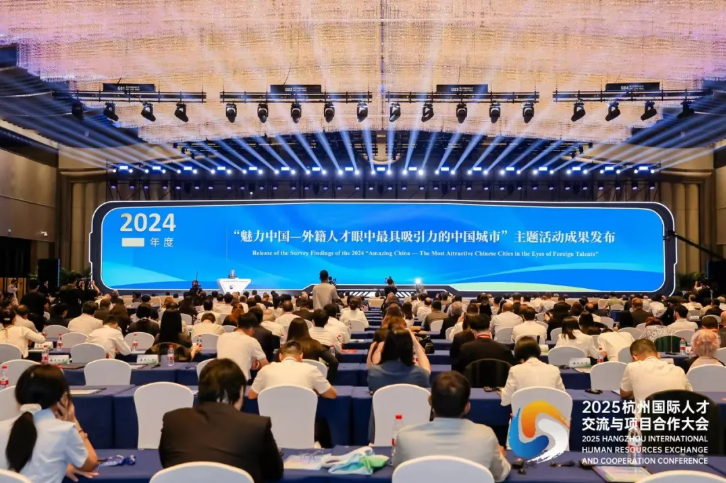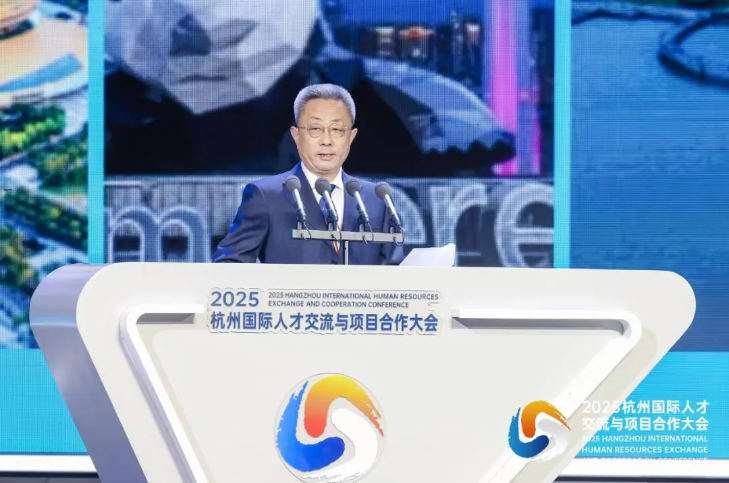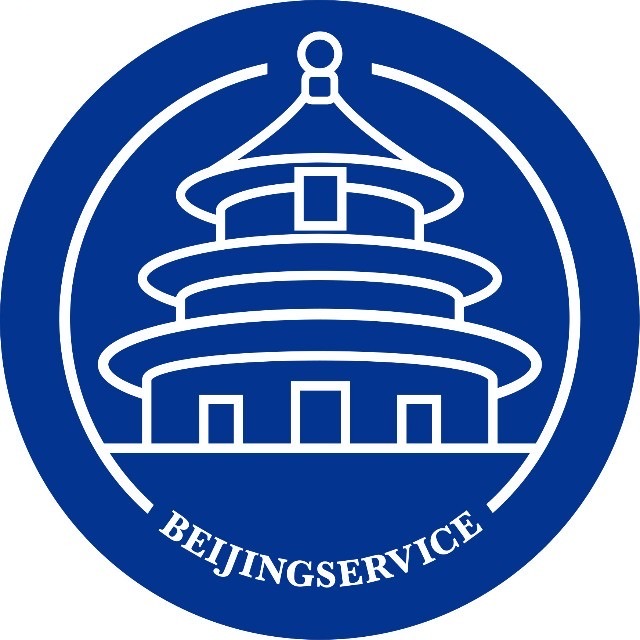Release of the Survey Findings of 2024:“Amazing China– The Most Attractive Chinese Cities in the Eyes of Foreign Talents”
Sep 29, 2025

This survey selected 64 cities in China with a high concentration of foreign talent (excluding the Hong Kong, Macau, and Taiwan regions of China) and conducted a questionnaire among foreign talent working and living in these cities. A total of 5487 valid questionnaires were received. The study quantitatively analyzed the evaluations of foreign talents from three dimensions: work satisfaction, living convenience, and environmental friendliness. Based on this, the Foreign Talent Attraction Index of Chinese Cities was derived, reflecting the attraction of Chinese cities to foreign talent.
Beijing, Shanghai, Guangzhou, Hangzhou, Chengdu, Suzhou, Shenzhen, Nanjing, Qingdao, Xiamen, Dalian, Ningbo, Kunming, Haikou, Wuhan, Tianjin, Changsha, Jinan, Zhuhai, and Changzhou are the top 20 cities of the 2024 Foreign Talent Attraction Index.
Besides the supercities and megacities, distinctive large and medium-sized cities are increasingly becoming favored destinations for foreign talents (According to the urban classification standards, large and medium-sized cities refer to those with a permanent urban population of 500,000 to 5,000,000). The top 10 cities of the Foreign Talent Attraction Index of Chinese Large and Medium-Sized Cities are Haikou, Zhuhai, Changzhou, Baoding, Wuxi, Weihai, Shaoxing, Yantai, Weifang, and Yiwu. This index was released for the first time this year.
Based on the three sub-indices of work satisfaction, living convenience, and environmental friendliness, the study also released the top 20 cities recognized by foreign talent as the “City of Opportunities”, “City of Livability”, and “City of Inclusion”. Guangzhou, Shanghai, Beijing, Hangzhou, and Suzhou are the top 5 cities of “City of Opportunities”. Beijing, Hangzhou, Shanghai, Guangzhou, and Chengdu are among the top 5 cities in the “City of Livability” category. Shanghai, Beijing, Hangzhou, Guangzhou, and Suzhou are the top 5 cities of the “City of Inclusion”.

Xu Jiajun, Deputy Director-General of Foreign Talent Research Center, presented the findings of “the Foreign Talent Attraction Index of Chinese Cities”, and the index shows the following characteristics:
First, the top-ranked cities are concentrated within city clusters, which closely aligns with China’s strategic layout of building talent centers and innovation hubs. The top 20 cities remain consistently distributed across the Beijing-Tianjin-Hebei Area, the Yangtze River Delta, the Guangdong-Hong Kong-Macao Greater Bay Area, and the Chengdu-Chongqing Economic Circle. Beijing and Shanghai have maintained the top two positions for the fifth consecutive year. Notably, Chengdu broke into the top five for the first time, while central Chinese cities, including Wuhan and Changsha, demonstrated growing attraction.
Second, Chinese cities have developed differentiated competitiveness in attracting talent, leveraging their comparative advantages. Guangzhou, Hangzhou, and Shenzhen are attracting talent through emerging industries such as new energy and artificial intelligence. The Hainan Free Trade Port is enhancing its attraction with open financial and trade policies. Meanwhile, Yiwu, known as the world’s largest hub for small commodities, has become a notable cluster for foreign talent.
Third, economic development and living convenience are the two primary factors that foreign talent considers when choosing a Chinese city. The social environment received the highest level of satisfaction compared to the work and living environment. Around 90% of respondents expressed satisfaction with digital services, transportation, and housing. Satisfaction with medical services has continued to grow steadily for the third consecutive year. Over 70% of respondents were satisfied with their children’s educational conditions. 90 % are relatively happy with public security, while 80 % consider cities culturally inclusive.
Fourth, career development opportunities and the labor rights and interests protections have continued to improve foreign talent’s evaluation of the work environment. The degree of smooth performance of employment contracts has increased by nearly 3.5% compared to the previous year. More than 80% of foreign talents believe Chinese cities offer good working resources, and an equal proportion of respondents indicate that they can realize their personal value.
Fifth, the implementation of the facilitation policies for foreigners has received a favorable response. 80% of the surveyed talents think the foreign talent policies are attractive. The “Join in Card” has been highly praised by foreign talents and employers. Nearly 90% of foreign talents think the entry and exit procedures are convenient, while over half say the processing of work and residence permits is more convenient than last year.
Since 2010, the “Amazing China” survey project has been carried out for 15 years. This project has received support from the administering authority for foreign experts' affairs nationwide. The Foreign Talent Research Center and the team from Beijing University of Technology jointly completed the data statistics and numerical calculations.
Events
More+-

Chengdu Symphony Orchestra2025-2026 Season Concert—Music Talk Series 2“Chinese Spring Festival Melodies”
-

Exhibition of Zhao Yunyu’s Calligraphy and Painting from the Chengdu Museum Collection
-

The 55th Chengdu InternationalPanda Lantern Festival
-

The 29th China (Sichuan) New Year Shopping Festival
-

2026 BJ Online New Year Shopping Festival Unfolds











 京公网安备
京公网安备